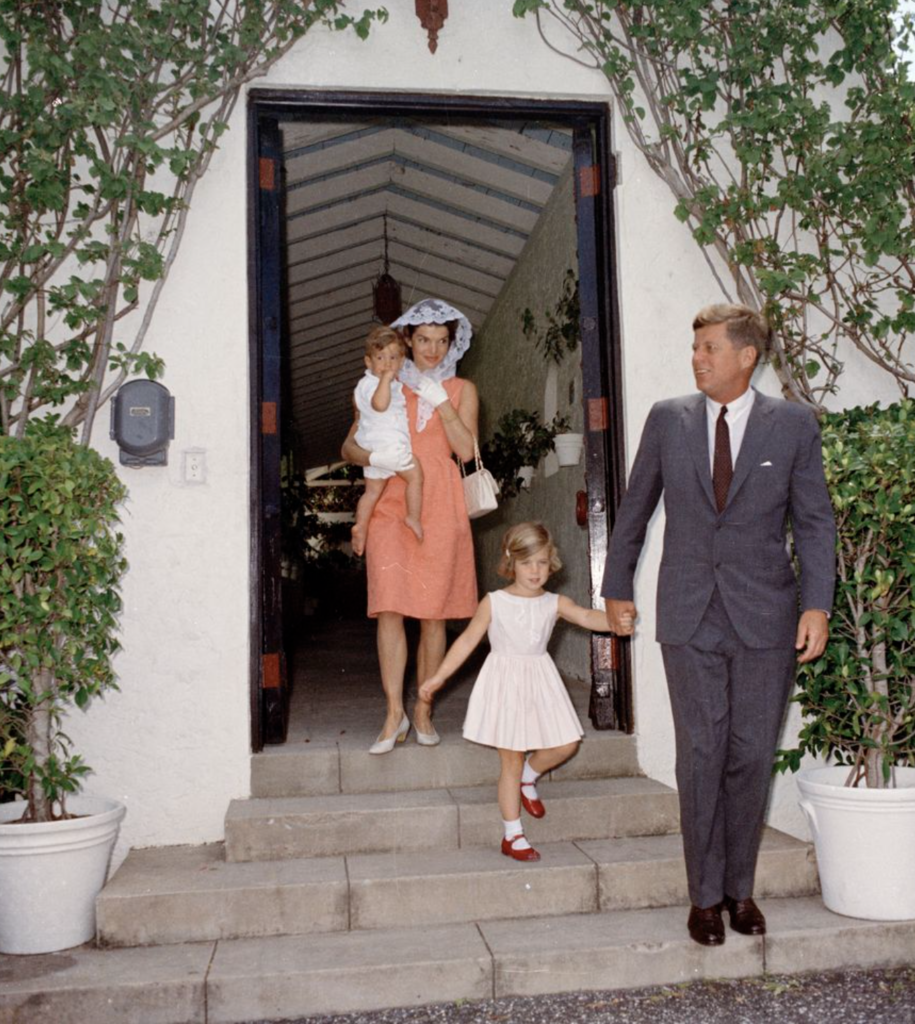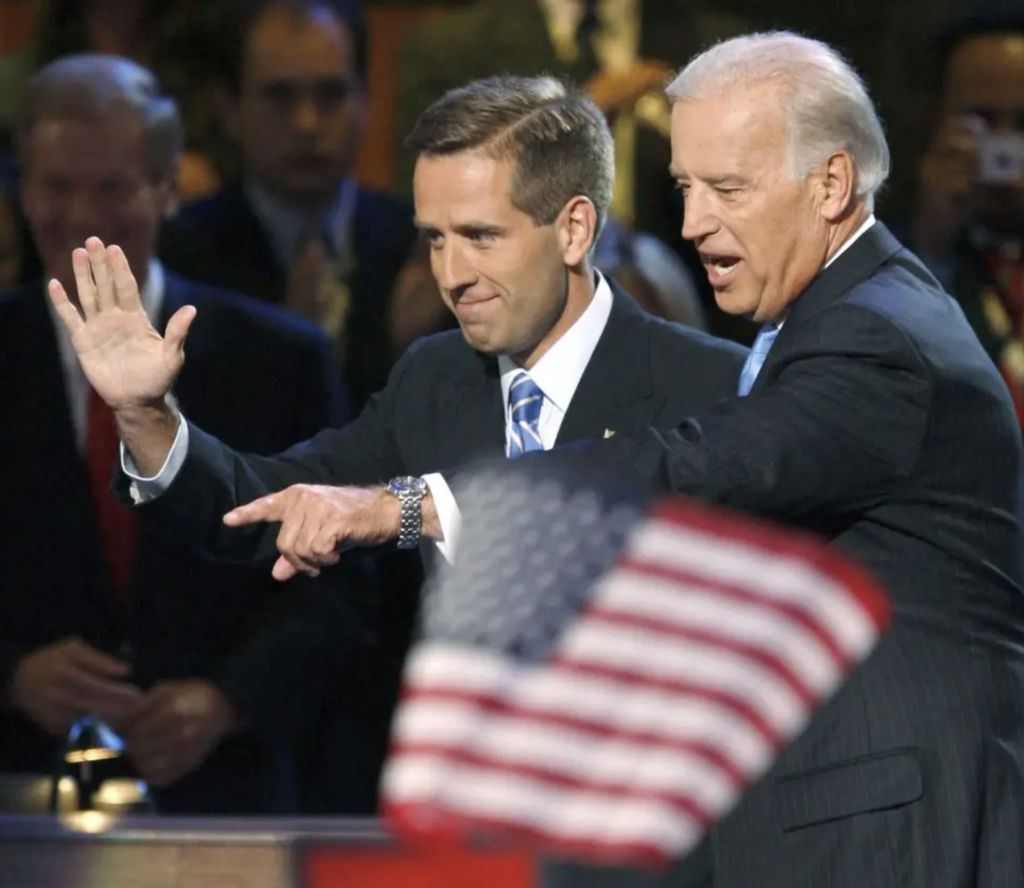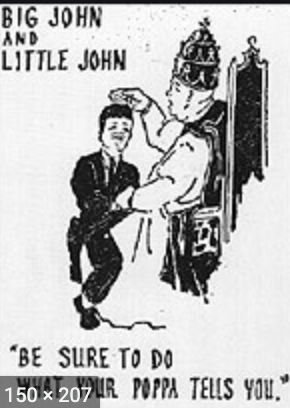I was 10 years old for most of 1960, and there is one memory that stands out from the presidential campaign that year.
Millions of Americans were seriously concerned about the possibility of a Roman Catholic becoming president of the United States. My grandfather, who was a Lutheran, was among them.
Sixty years later, it may sound odd to us, but some folks were frightened that there would be a direct line between the White House and the Vatican so that the pope, who at the time was John XXIII, could direct President John Kennedy and run the country from behind the scenes.
Of course it was foolishness, but there has been a long vein of anti-Catholicism in American history. It’s not what they’re known for, but along with being anti-black, the Ku Klux Klan was strongly anti-Catholic and anti-Semitic.
The first Catholic nominee of a major party for president was New York Governor Al Smith in 1928, Herbert Hoover thrashed him in a race where Smith’s religion definitely became an issue.
So it became almost a given that a Catholic couldn’t be elected, and there was never a serious contender until Kennedy ran for the 1960 Democratic nomination. He won the primary in West Virginia — a state with very few Catholics — to show his electability. But religion remained enough of an issue that Kennedy addressed it in a speech to the Greater Houston Ministerial Association in the fall campaign.

“I am not the Catholic candidate for president,” Kennedy said. “I am the Democratic party’s candidate for president, who happens also to be a Catholic. I do not speak for my church on public matters, and the church does not speak for me.”
That pretty well settled it, although there were a few humorous moments still to come. At one point in 1961, Kennedy was joking with a visitor about the accusation that he would build an underground tunnel between the White House and the Vatican.
Kennedy said it was silly, but that he was sure Vice President Johnson would be fine with it as long as the contract for it went to Texas company Brown & Root (a Texas company that later became Halliburton).
So Kennedy served nearly three years uneventfully on the religion issue. His brothers both ran for president, Bobby in 1968 and Ted in 1980, and religion wasn’t an issue either time. But neither party nominated a Roman Catholic again for 6o years.
Joe Biden did make it onto the ticket as vice president in 2008 and served in that role for eight years. But when his beloved son Beau, whose name was actually Joseph R. Biden III, died of brain cancer in 2015, the vice president had no stomach for a campaign.
But he ran this year and he became the second Catholic ever elected president. His faith really wasn’t much of a factor except maybe to some of the evangelicals, many of whom don’t consider Catholics Christians.

After 2008, Joe Biden didn’t really have much desire to be president. He was 66 years old and just starting what would be eight years as vice president.
And someone else was coming of age.
Beau Biden turned 40 after his dad had been vice president for two weeks. He was becoming one of the bright young stars of the Democratic Party. But he developed brain cancer and died in 2015. “Beau Biden was, quite simply, the finest man any of us have ever known,” his father said.
The other night in Delaware, when the president-elect was getting ready to leave for Washington to become the second Catholic to be inaugurated as president, he told people he wished it wasn’t him.
“Ladies and gentlemen, I only have one regret. Beau is not here. Because, we should be introducing him as president,”

